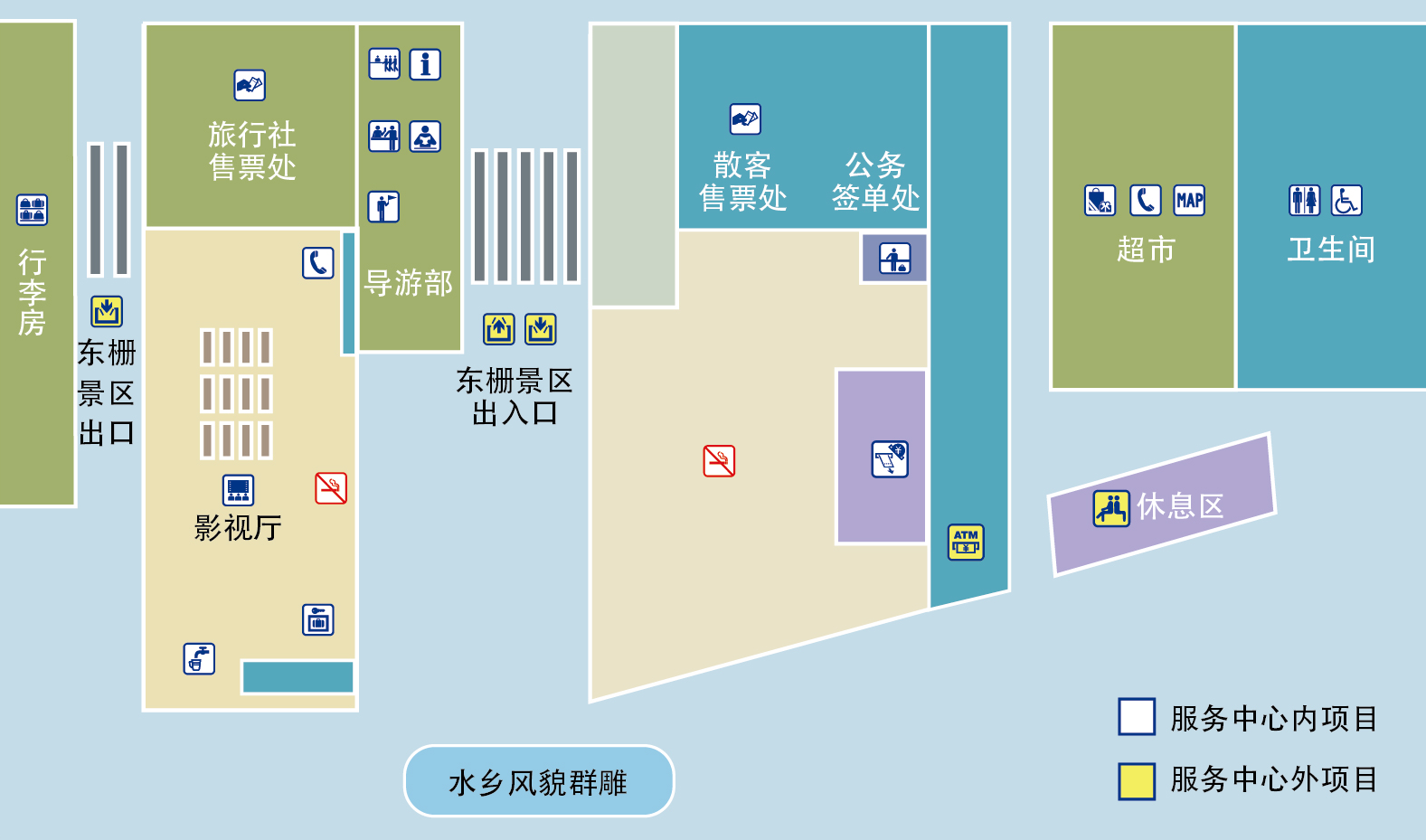

Wang Huiwu was born in Qingzhen, Tongxiang, Zhejiang Province in July 1898. Her father Wang Yanchen, a scholar in the late Qing Dynasty with an upright and frank temperament, set up a school to support his family. Later, she was hired as a Chinese teacher in Zhicai Higher Primary School and taught Mao Dun The Book of Rites.
Wang Huiwu began to receive the enlightenment education from his father Wang Yanchen at the age of 6. After the Revolution of 1911, Wang Huiwu studied in Jiaxing Normal School, but eventually dropped out of school due to family financial difficulties. After returning home, she set up a primary school. Later, due to the increase of students, the original classroom could not accommodate it, so she borrowed a temple from the monks in the neighboring Baoge Temple and set up the first girls' primary school in Tongxiang alone. In girls' primary school, she began to publicize new ideas and advocate new customs. She encouraged girls to cut braids and opposed the bad habits of child brides and women's foot binding.
In 1918, she worked part-time to study English in the Huzhou Hujun Women's School run by foreign churches. During the women's school, her favorite extracurricular book was New Youth magazine. She boldly wrote to Chen Duxiu, editor-in-chief of the journal, and others, expressing her support for promoting vernacular Chinese and supporting the ideas promoted by the journal. Chen Duxiu wrote happily in his reply: "I didn't expect our new ideas to affect the church school."
In 1919, Wang Huiwu went to Shanghai alone to seek the way of women's independent liberation. After being introduced by the Shanghai Federation of Students, she went to Xu Zonghan, Huang Xing's wife, and was arranged for the Shanghai Federation of Women's Circles to do secretarial work. Here, she met Li Da, a Hunan native who later became one of the founders of the Communist Party of China and a Marxist philosopher. At that time, Li Da, as a representative of the Communist Party of China Students' Association in Japan, returned to China to handle affairs and had working contacts with the Women's Federation. In many contacts, Li Da's lofty beliefs and profound knowledge made Wang Huiwu admire him very much. Wang Huiwu's enthusiasm for work and her pursuit of new ideas also made Li Da love her. They got married in the second half of 1920. In Chen Duxiu's living room, a simple wedding was held.
In July, 1921, before the first congress of the Communist Party of China was held in Shanghai, it was precisely because of the combination with Li Da that Wang Huiwu was able to participate in the preparations for the First National Congress. From the location of the meeting, accommodation of the delegates, meeting affairs, etc. are all arranged by her. On the way to the meeting, due to the interference of special agents, Wang Huiwu proposed to continue the meeting in Jiaxing, which is more than 20 kilometers away from Wuzhen, and went to Jiaxing first to arrange all things. She first went to Zhangjialong Yuanhu Hotel in the downtown area to charter two rooms as a representative's resting place, and asked the hotel accountant to hire a medium-sized painted boat cruise, but also booked a table of wine and food. By the time the delegates arrived in Jiaxing on the morning train from Shanghai, Wang Huimu was already at the station to greet them.
In order to ensure the safety of the meeting, Wang Huiwu made thoughtful and meticulous arrangements. She asked the shipowner to prop up the boat to a secluded water area about 200 meters southeast of Yanyu Building, and put the pole in it, so that the delegates could sit around the square table in the drawing room of the middle cabin and have a peaceful meeting. Dressed up as a singer, she sat at the bow and kept watch, acting as the "sentry" of the meeting. Once another cruise ship approached, she hummed Jiaxing minor and tapped her fingers on the hatch to remind the delegates to pay attention.
Under the careful care of Wang Huiwu, the meeting proceeded smoothly from around 11 noon to the end of the evening according to the predetermined requirement of "holding the meeting in one day". Wang Huiwu contributed to the smooth convening of "the First National Congress" and the establishment of the Communist Party of China.
At the beginning of the Cultural Revolution, Li Da was persecuted to death for pointing out that the "peak theory" violated dialectics. After crushing the Gang of Four, Wang Huiwu was very happy, especially after the Third Plenary Session of the 11th Central Committee of the Communist Party of China was held, and she felt even more refreshed. In 1980, when Li Da was rehabilitated, she was already in her eighties, and she provided a large amount of first-hand information for the history of the Communist Party of China, the history of women's movements, the introduction of the site of the First National Congress of the Communist Party of China, and the compilation of local chronicles in her hometown. Due to the death of representatives of the First National Congress of the Communist Party of China at that time, Wang Huiwu became the only insider and witness at that time.
Wang Huiwu did not join the Communist Party of China, but she always demands herself according to the standards of a Party member. She has made great contributions to the Communist Party of China and the cause of Chinese women's liberation. On October 20, 1993, Wang Huiwu passed away in Beijing at the age of 96.
Keyword:

